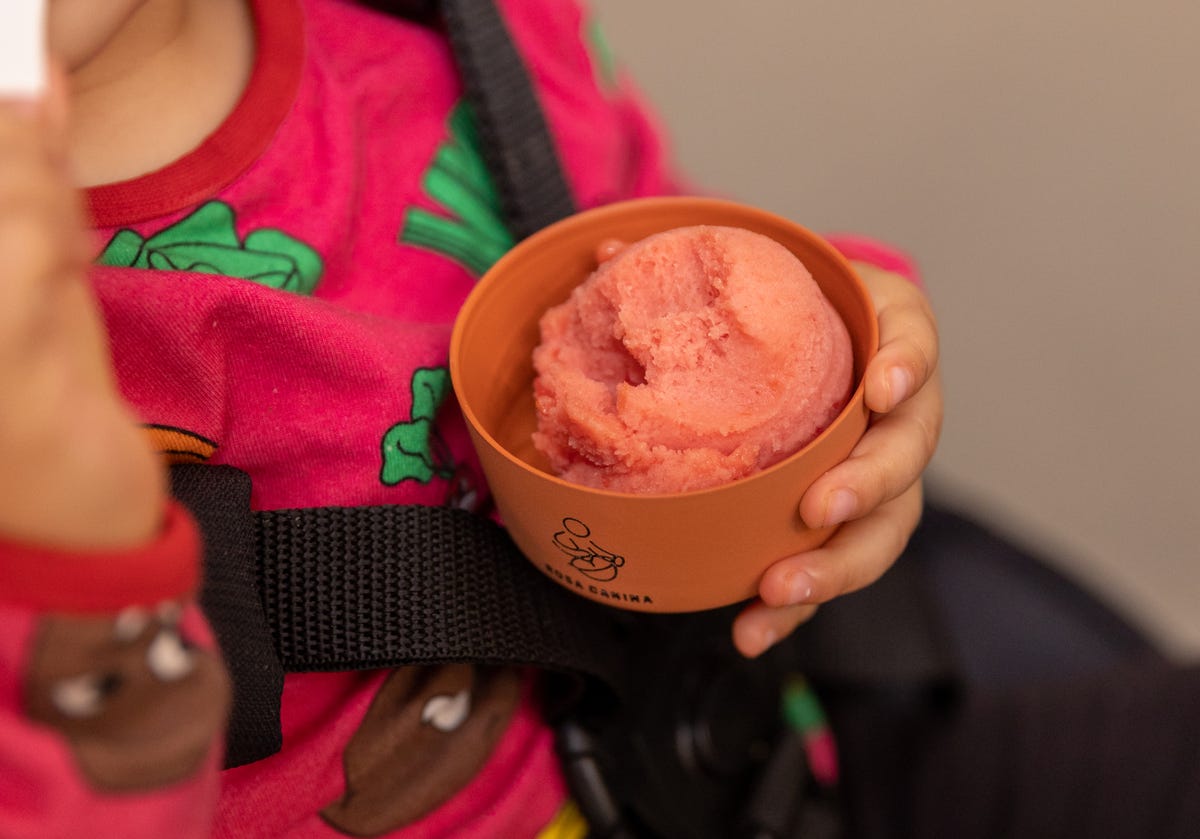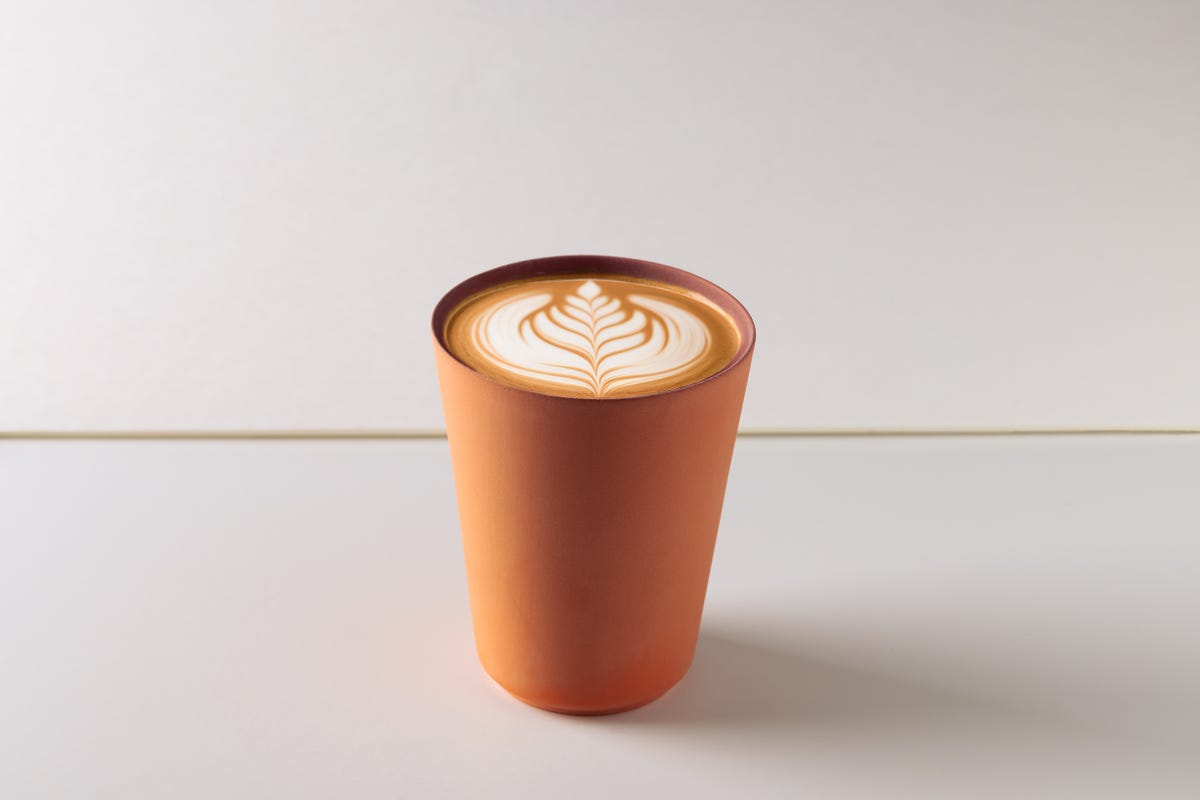
This story is part of CNET Zero, a series that chronicles the impact of climate change and explores what’s being done about the problem.
Imagine the horrified looks you’d get if you dropped your paper coffee cup on the ground, stepped on it and walked away. A startup based in San Francisco and Germany says you can do exactly that with its cups, guilt-free.
GaeaStar is getting ready to introduce its 3D-printed, disposable clay cups to the US, after a successful trial period at coffee shops and ice cream parlors in Berlin. Watch the video above to learn more.
The cups are made from just three ingredients: dirt, salt and a small amount of water. Founder and CEO Sanjeev Mankotia told CNET he had the idea when he was visiting family in India and his cousin was drinking chai from a terracotta cup she bought from a street vendor. “She drank the cup, and then smashed it on the ground. And I was like, ‘You’re throwing something away that’s creating litter.’ And her reaction was, “It’s made out of dirt, why is this an issue?”

GaeaStar cups are available at coffee shops and ice cream parlors in Berlin.
GaeaStar
A 2016 study found that the US uses up to 50 billion disposable coffee cups every year. Whether they’re made of paper, plastic or even a compostable material, most of those will end up in landfills. And even if they are recycled or composted, those processes require energy.
Because GaeaStar’s cups are made from just dirt, water and salt, the company says they leave no impact on the Earth.
Celso Bulgatti/Andy Altman
Mankotia said that because his 3D-printed cups are made from just dirt, salt and water, they can safely be left in landfills or even smashed to dust on the ground. “When you throw it away, it’s dirt again. So end to end, it comes from the earth and goes back to the earth.” (To be clear, he says he’s not suggesting people leave shards of broken clay on sidewalks and streets.)
According to GaeaStar, it can print a ceramic cup using about 60% less energy than it takes to create a plastic or paper cup, for about the same price. “When you scale it up, we feel that this could be priced in parallel or comparable to the incumbent cups in the market, if not cheaper.”

GaeaStar is launching its cups at Verve coffee shops in California this year.
GaeaStar
The company said the cups are 10 times stronger than paper cups, and it’s banking on what it sees as an elevated customer experience. “I call this the fine china experience with the convenience of disposability,” Mankotia said.
GaeaStar’s long-term goal is to put its patent-pending 3D-printers in shops around the US, where cups could be printed on-demand in about 10 seconds. In the meantime, you’ll be able to find them in select Verve Coffee shops around California this year.
